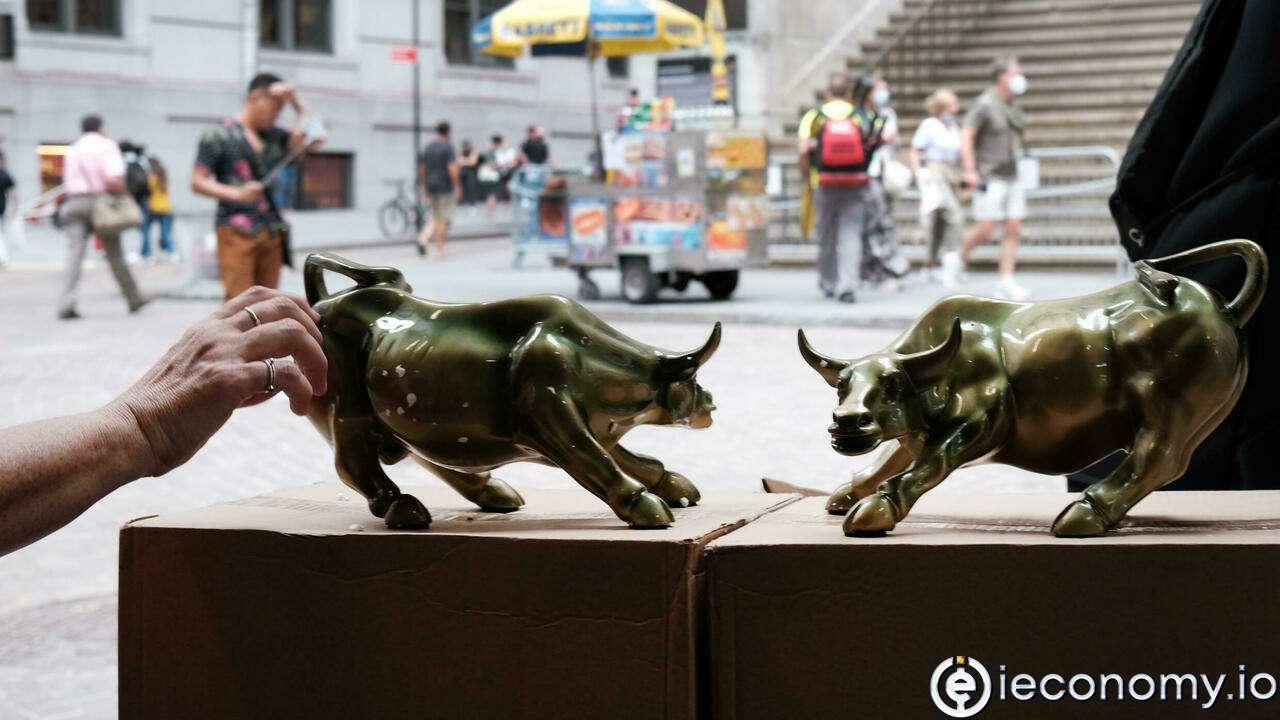3677
0
The US stock exchanges failed to find a common direction on Tuesday
The US stock exchanges failed to find a common direction on Tuesday. Dow Jones closed 0.6 percent higher to 35,813 points.

Yazar: Tom Roberts
Yayınlanma: 24 Kasım 2021 20:35
Güncellenme: 21 Şubat 2026 07:49
The US stock exchanges failed to find a common direction on Tuesday
The US stock exchanges failed to find a common direction on Tuesday. The US standard value index Dow Jones closed 0.6 percent higher to 35,813 points. The technology-heavy Nasdaq, however, lost 0.5 percent to 15,775 points. The broad S&P 500 gained 0.2 percent to 4690 points. The prospect of a faster tightening of US monetary policy kept some investors off Wall Street. "It is conceivable that interest rates will be raised earlier than expected," said Rick Meckler, partner at asset manager Cherry Lane. That is positive for banks, but negative for the other industries, especially the technology sector. Rising inflation and higher interest rates are devaluing future profits for these high-growth firms. Banks, on the other hand, wave higher profits from the traditional lending business when interest rates rise. The speculation about interest rate hikes was fueled by the nomination of the former central bank chief Jerome Powell for a second term. This decision was more unfavorable for the stock market, said Benjamin Bente, managing director of asset manager Vates. The nomination of the central bank director Lael Brainard, who is also highly regarded for the post, would have been a signal for a longer-term loose monetary policy. "Powell will at least tighten the screws a little." Investors pulled back on US Treasuries in anticipation of a faster slowdown in Fed asset purchases. This drove the yield on ten-year Treasuries to a four-week high of 1.669 percent at times. On the other hand, the oil price rose, although the USA wants to alleviate the supply bottleneck by releasing state reserves. Brokers criticized that oil companies would have to return the additional crude oil at a later date. In addition, the announced amount of 50 million barrels would have been sold under the recently passed debt reduction laws anyway. The US variety WTI increased in price by 2.6 percent to 78.77 dollars per barrel (159 liters).İLGİLİ HABERLER





European stocks soared and focus shifted to German retail sales after Powell's speech!

Forex Signal For TRY/USD: Inflation Slowdown in November.

Forex Signal For GBP/USD: Bullish Trend Still Not Breaking While Recovery Continues.

Forex Signal For EUR/USD: Starry US Data Points to Higher Fed Increases.

Forex Signal For BTC/USD: Downside Continues as Bitcoin Recovery Moves Less.
En Popüler Haberler
Yorum Yap
Yorumlar
Henüz yorum yapan yok! İlk yorumu siz yapın...